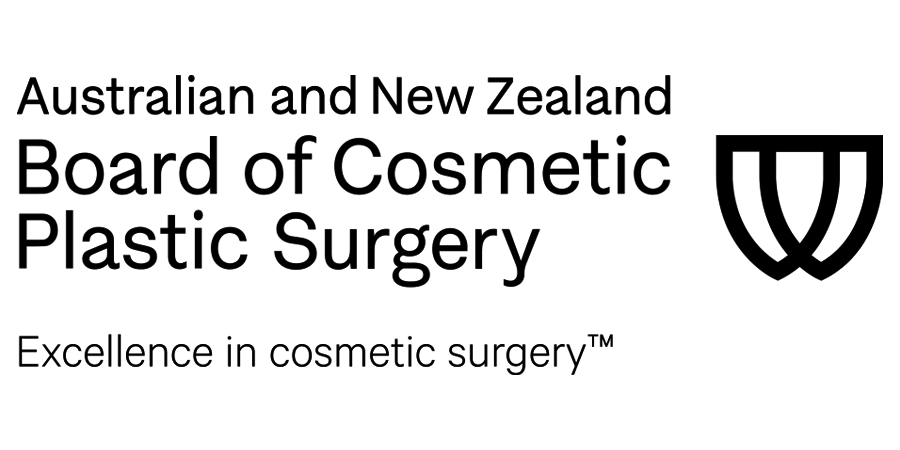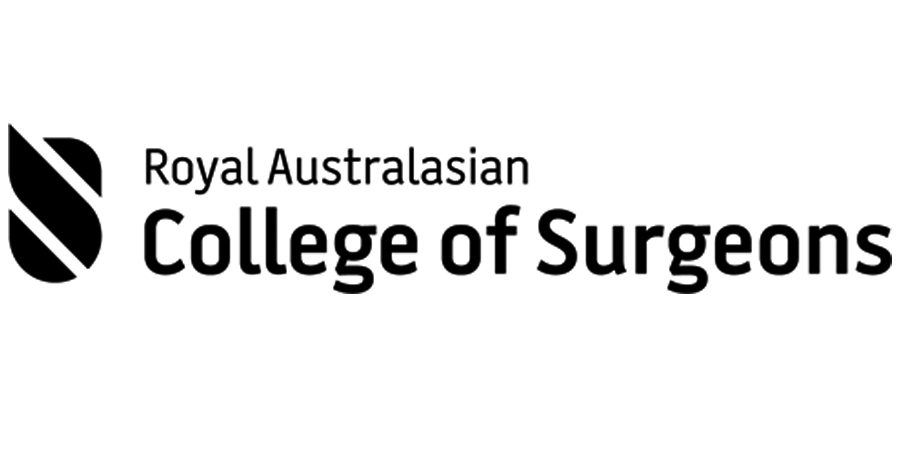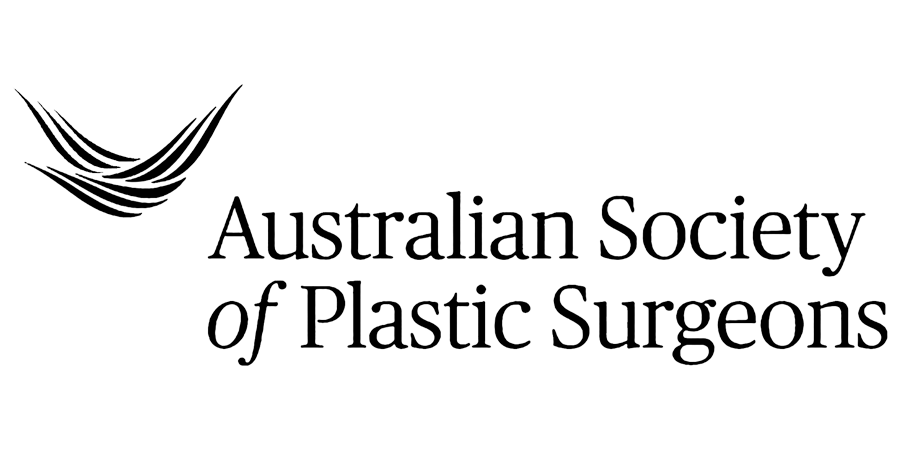Like all surgical procedures, Plastic and Reconstructive surgery does carry some risk. Complications associated with any surgical procedure can happen to any patient, unrelated to the surgeon’s training and experience or the hospital’s facilities. If you are considering a surgical procedure, it is important to understand what the risks are and what you can do to prevent or minimise them prior to your surgery.
We have addressed below, some of the general risks that can occur with any plastic surgery procedure. Every surgery has its own procedure-specific risks and these will be addressed with you in your consultation. Please ask any questions to ensure you clearly understand the associated risks.
Some general risks that can potentially occur across a number of procedures include:
Scarring:
Scarring is an unavoidable part of any surgical procedure. Dr. Farmer carefully considers where to place incisions, in discreet locations where they may be less noticeable. However, the way scars develop can vary among patients due to individual factors such as genetics, skin type, and healing responses.
Infection:
All surgeries carry a risk of infection and this is one of the more common complications of plastic surgery. This can be minimised by proper wound care and frequent hand washing.
Nerve damage and numbness:
Numbness and tingling are both common after plastic surgery and may be a sign of nerve damage. Usually, this nerve damage is temporary, however it can be permanent in some rare instances.
Poor aesthetic outcome:
In some cases, plastic surgery may not achieve the intended aesthetic goals and can result in concerns such as asymmetry or unexpected changes to the treated area. Additionally, patients may find that the outcome does not align with their personal expectations. At the discretion of Dr. Farmer, minor revisions can be addressed within 6 - 12 months of the surgical procedure.
Pain and discomfort:
Mild to moderate pain and discomfort is normal following any surgical procedure. This can usually be managed with pain medication; however, if the pain becomes severe, it may be a sign of a further complication. Should the pain be severe, please contact us at the GIA clinic, or in an emergency attend a hospital.
Swelling, bruising and skin discolouration:
It is normal to experience moderate swelling, bruising, and skin discolouration following surgery, which typically subsides over several weeks. However, significant or worsening bruising and swelling may indicate underlying issues such as bleeding or infection and should be promptly assessed by your surgeon.
Haematoma and bleeding:
Post-operative bleeding is expected to some degree following the procedure. However, it may become a concern if it is excessive or persists beyond the indicated healing period. A haematoma, an accumulation of blood beneath the skin, can occur in such cases. If left untreated, a haematoma may affect the healing process and potentially lead to further complications.
Seroma:
A seroma occurs when excess fluid accumulates under the skin. This is common after abdominoplasty and may occur following some top surgeries. This may result in the need to drain the seroma to avoid infection.
Issues associated with Anaesthetic:
Anaesthesia can be associated with a range of potential complications. Minor effects may include shivering, nausea, or vomiting, while more serious complications, though rare, can include stroke, heart attack, or, in extremely rare cases, death.
Death:
While the risk is less than one percent, every surgery including those considered minor, present a risk of possible death.
Risk Factors for Complications
Some patients may be at a higher risk of experiencing surgical complications than others. Some of these risk factors include:
A high weight or body mass index
Underlying health conditions, allergies or sensitivities
Alcohol and drug use
Smoking
Certain medications
Improper nutrition
Undergoing multiple procedures at the same time
How can I reduce risk?
There are several important steps patients can take to minimise the risk of complications following surgery. Choosing a qualified and appropriately trained plastic surgeon is critical. It is essential to understand the importance of selecting a Specialist Plastic Surgeon who holds a FRACS (Fellowship of the Royal Australasian College of Surgeons) and is a member of recognised professional organisations such as ASAPS (Australasian Society of Aesthetic Plastic Surgeons) and ASPS (Australian Society of Plastic Surgeons). Patients should be cautious of overseas doctors or practitioners offering discounted services, as training and safety standards may vary.
Lifestyle choices also play a significant role in reducing surgical risks and supporting recovery. Quitting smoking, maintaining a balanced and nutritious diet, and ensuring proper hydration before and after surgery can assist in minimising the duration of the healing process, supporting wound closure, and reducing the risk of complications such as unfavourable scarring.
Smoking, in particular, is a significant predictor of post-operative complications. Smokers are more prone to delayed healing and wound breakdowns compared to non-smokers. Dr Farmer recommends patients stop smoking four to six weeks before surgery and for at least four to six weeks post-surgery.
Understanding and adhering to Dr. Farmer’s detailed pre-operative and post-operative instructions is essential in reducing risks. These guidelines are tailored to support proper recovery and minimise potential complications.
Ensuring You Understand the Risks Before Proceeding
It is crucial for patients to fully understand the potential risks and complications associated with their procedure before proceeding. This involves openly discussing all relevant factors, including lifestyle habits, current medications and supplements, allergies, and emotional well-being during the consultation with Dr Farmer. Patients must take the time to read and comprehend the consent forms provided by GIA to ensure they are well-informed about the procedure and its associated risks.
Should any complications or health concerns arise following surgery, patients are encouraged to notify Dr Farmer promptly to ensure appropriate care and support can be provided.






